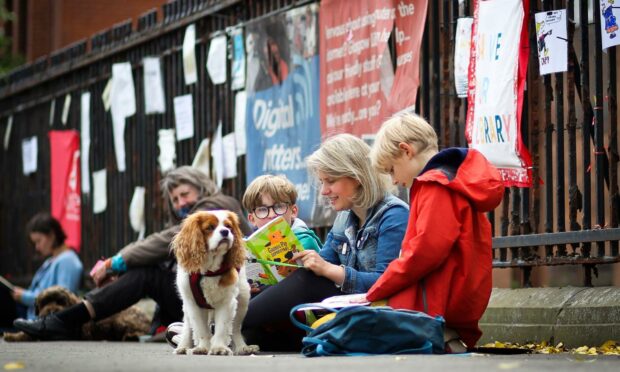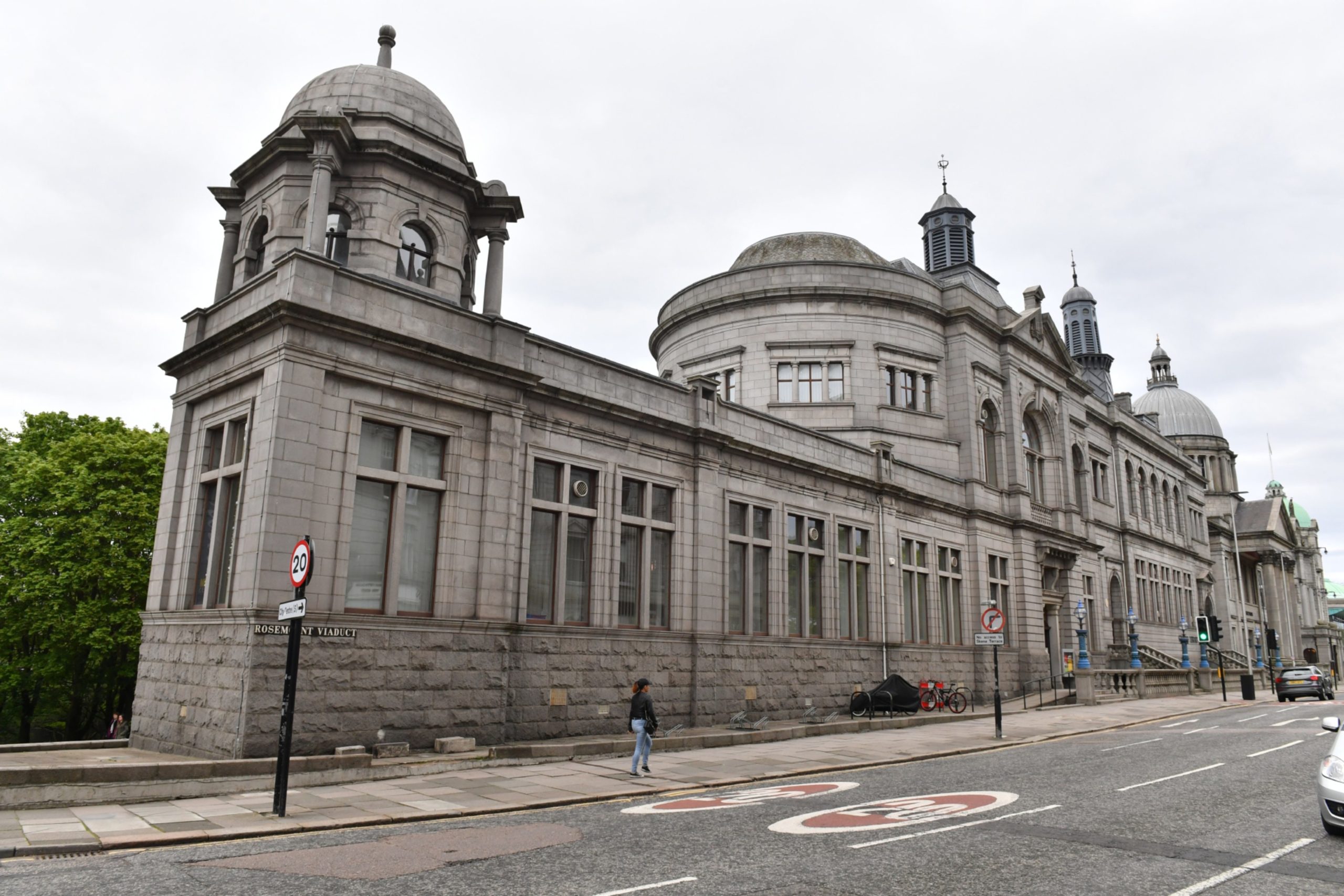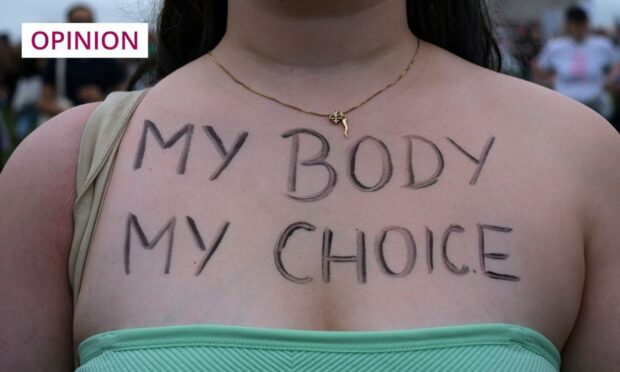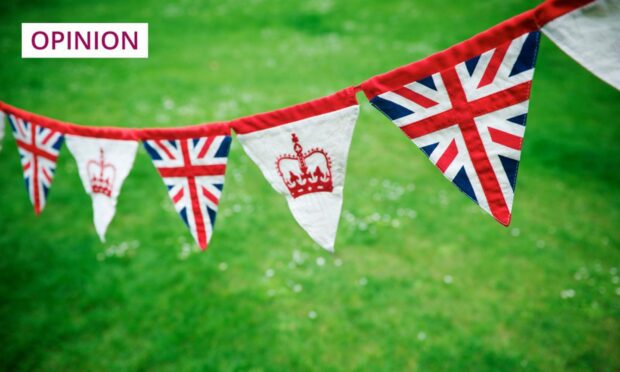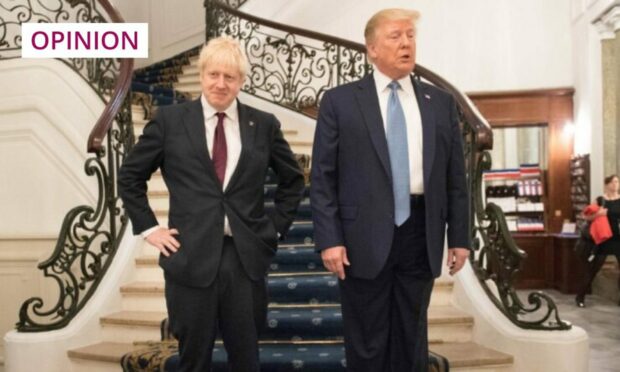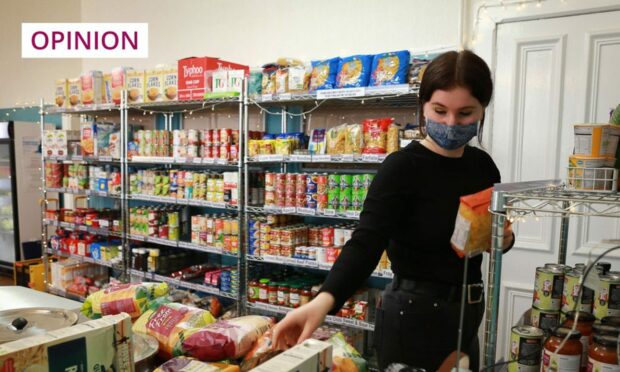Libraries give us power. That’s why we must protect them.
In the late 1990s, the lyric I related most closely to was the opening line of the Manic Street Preachers’ song, A Design For Life: “Libraries gave us power”.
Growing up lonely in an area with few other children and a single mum who worked all the hours she could manage, I spent a lot of time after school at the library, two minutes from my grandma’s house.
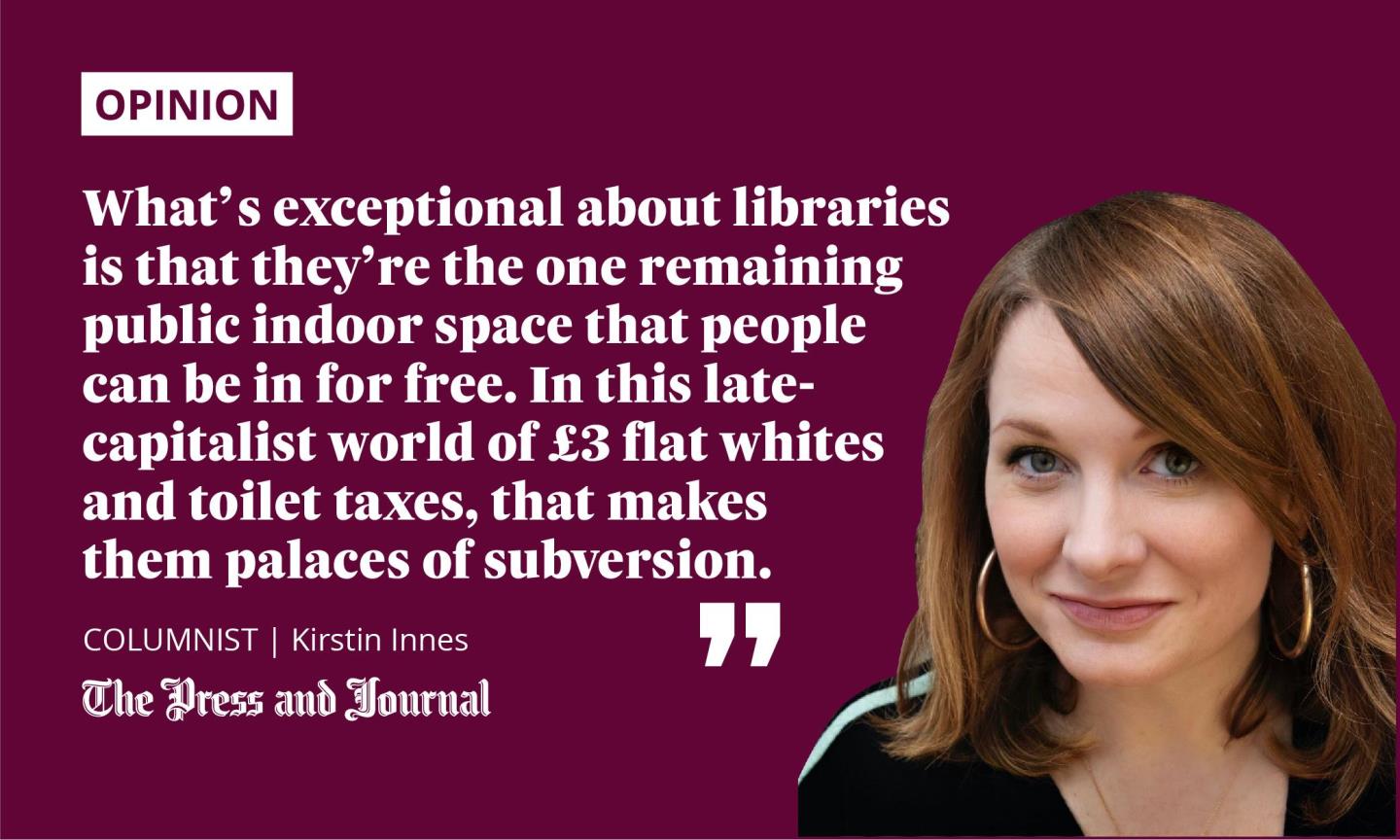
I still remember the relief of walking through the door, the warmth and clean carpet smell. It’s been almost three decades but I could still tell you where they kept the Judy Blumes and Lois Lowrys, the Baby-Sitters Club shelves, and the secluded bit of the adult section wherein lurked the fascinating, glamorous and forbidden novels of Virginia Andrews.
I always sat at the big table under the clock: as long as I was back at grandma’s by 5.30 for dinner, the space was all mine. The world opened, the friends I lacked in real life came right off the pages. By offering me unfettered access to as wide a range of different voices as its shelves could hold, that library made me a novelist.
61 Scottish libraries remain closed
This week, the Scottish Library and Information Council (SLIC) published Scotland’s Public Library Strategy 2021-2025. It makes for groundbreaking reading, putting the library at the centre of our communities’ Covid recovery strategies; but it also lays out some damning facts.
Sixty-one of Scotland’s 481 public libraries remain closed with no plans to reopen three months after restrictions were lifted; the council providers claiming that they just don’t have the resources to reopen these facilities at the moment.
As the author, Damian Barr, who was instrumental in fighting the closure of his own beloved Newarthill Library, wrote in Scotland on Sunday this week: “Local government [is forced to make] impossible choices between social services and libraries. This is a false binary because libraries are a frontline service. They improve literacy, champion wellbeing, tackle social isolation and bridge the digital divide.”
The people who attend libraries are not customers. They are humans, existing in a space, accessing knowledge, internet or resources
What’s exceptional about libraries is that they’re the one remaining public indoor space that people can be in for free. No cost. In this late-capitalist world of £3 flat whites and toilet taxes, that makes them palaces of subversion. It also means they can’t be monetised, which chafes against the way most local councils currently seem to think of their services.
The people who attend libraries are not customers. They are humans, existing in a space, accessing knowledge, internet or resources. And, as Barr says, many of these people do not have other places to go, or other ways of accessing these resources.
In the SLIC report, Aberdeen City is among the worst hit: six of the city’s 17 public libraries – Torry, Kaimhill, Cults, Cornhill, Ferryhill and Northfield – remain closed, with no information about when they’re due to reopen. Torry and Northfield regularly appear at the top of the Scottish Index of Multiple Deprivation within the region.
Aberdeenshire has reopened more libraries, but most are only open for two hour slots once or twice a week, and four remain closed with no reopening plans.
Libraries bring comfort to children and adults alike
The house I’ve brought my children up in is next door to a library. On the days of their babyhoods when the extremes of the weather matched my own postnatally-depressed mood (all too common in Scottish winters), the idea that there could be another warm space we could go to – one that wasn’t full of the washing piles and drudgery of my own home – was a saviour of a thing.
We could sit in a comfy chair and flick through picture books different from the ones we had at home and had read hundreds of times before. As they got older, each of them learned to climb into the little wooden steam train with its built-in book shelves and pull out their own choices.
The strong community of friends that my family has around us now formed in part at the weekly Bookbug sessions, where I would sit on the floor with other sleep-deprived, shell-shocked new mothers, finding comfort in repetitive chants of “zoom zoom zoom, we’re going to the moon” and the supportive conversations which began as we zipped the babies back into their suits at the end.
Heavily pregnant with a toddler, the library was often as far as I could waddle, and my tiny son befriended a family of five girls who lived up the road, who all held hands and walked down to the library together every day after school, until their mum had finished work, reading Julia Donaldson and Jacqueline Wilson.
The librarian sometimes shared her biscuits to stop their stomachs rumbling. I haven’t seen them since lockdown; I heard they’d moved out of the area.
I hope they found another library. I hope it was open.
Kirstin Innes is the author of the novels Scabby Queen and Fishnet, and co-author of the forthcoming non-fiction book Brickwork: A Biography of the Arches
